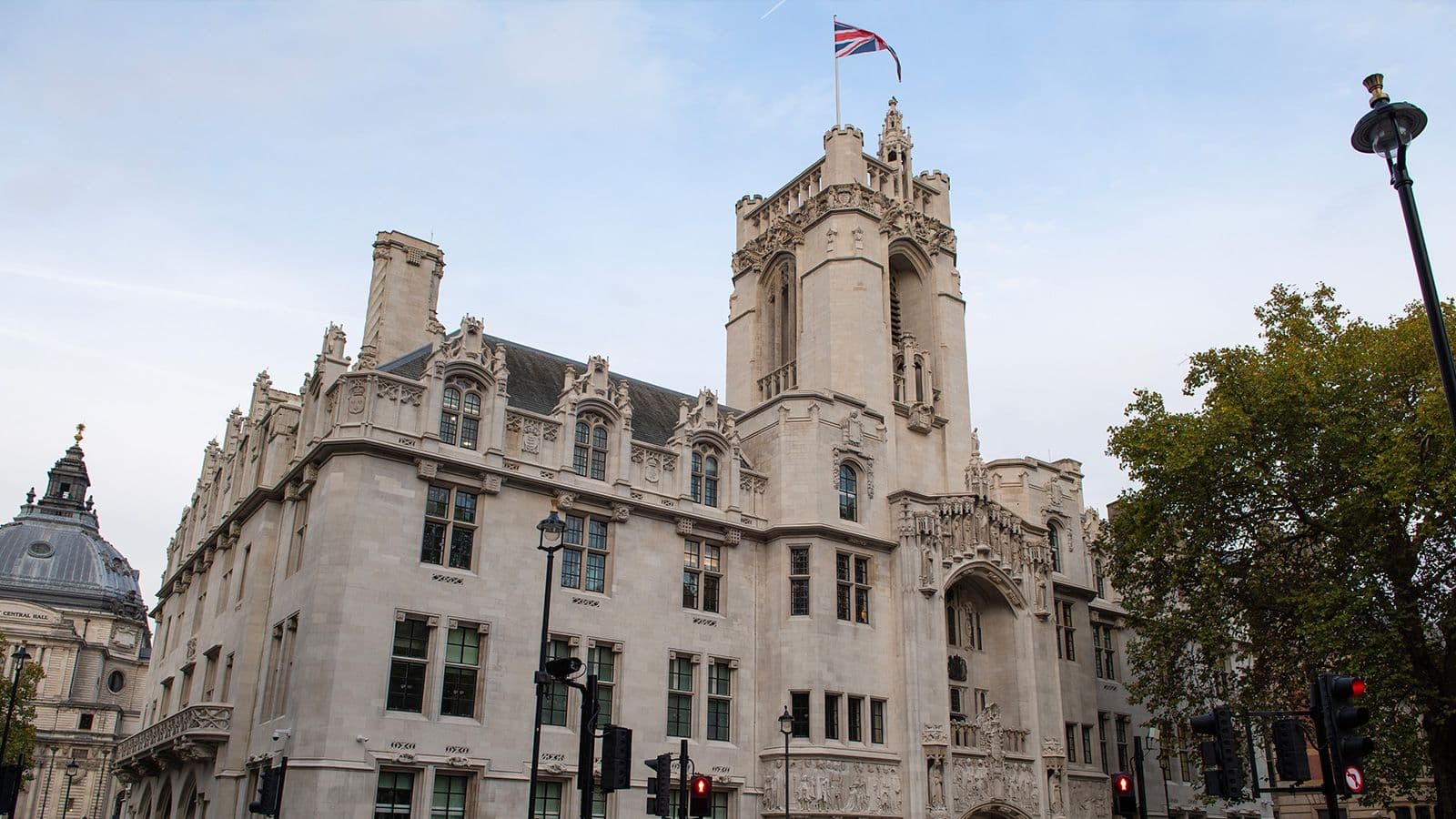News
285 Articles

Future judgments

Change Programme Report Feedback Implementation Iterations

Latest judgments

Judicial recruitment Deputy President Justice of the Supreme Court

The schedule for the court session on Wednesday, April 9, 2025 has been modified.

Change Programme Case Management Portal New websites




Essay Competition Art Competition 15th anniversary

Chief Executive Vicky Fox and Non-Executive Directors Jane Furniss and Julie Nerney share their thoughts on International Women's Day 2025

Adjustment to timing of court session on Monday, March 3rd 2025

Decision on applications to intervene in UKSC 2024/0157, UKSC 2024/0158 and UKSC 2024/0159

Sir Anthony Smellie KCMG KC has been appointed to the Privy Council.

Lord Burrows delivered speeches on 7 February 2025
The Supreme Court website catalogue at The National Archives. The Supreme Court website catalogue at The National Archives.
Sign up for news email alerts
Sign up to receive email alerts when a news article is published by the Court.

